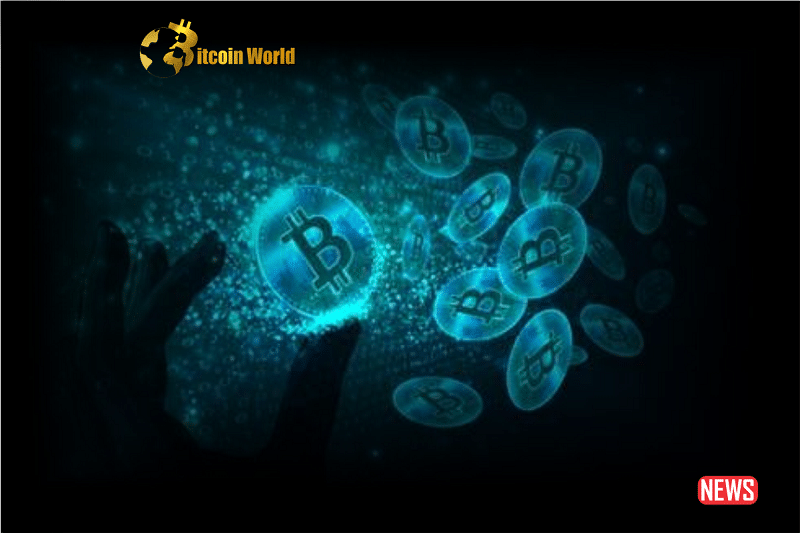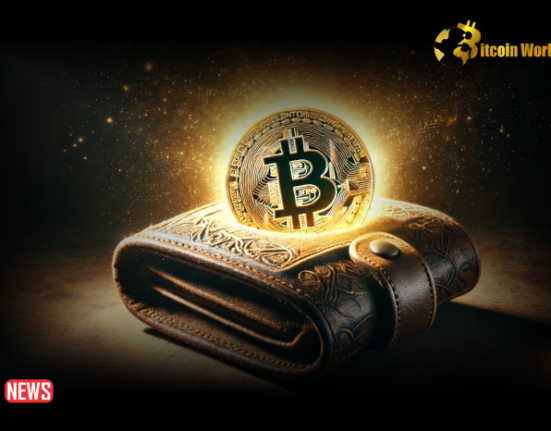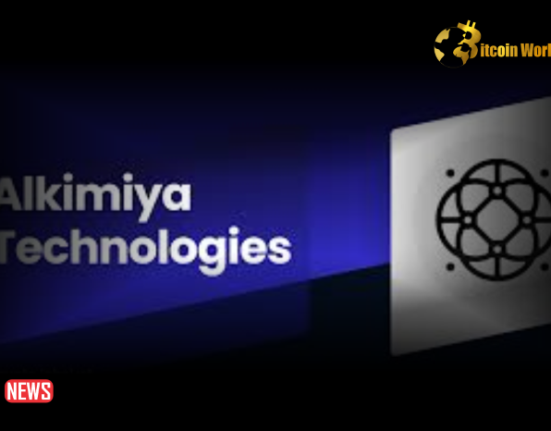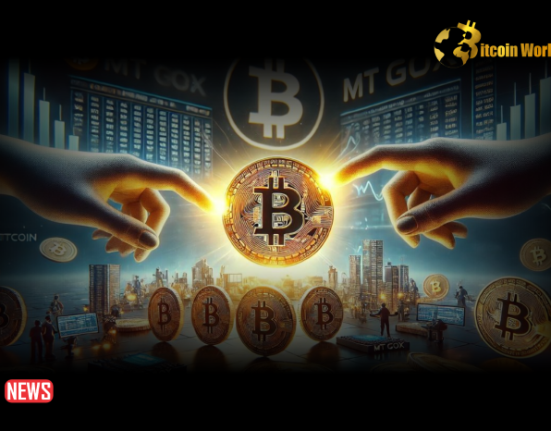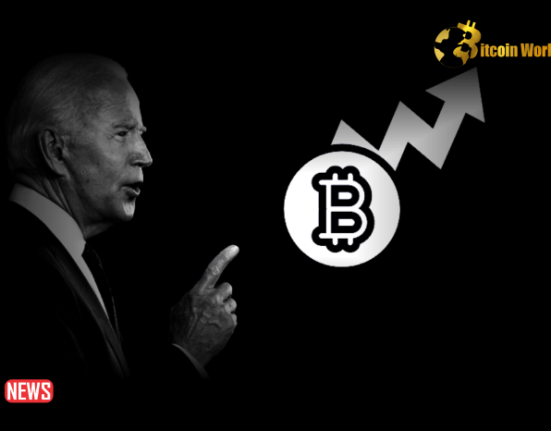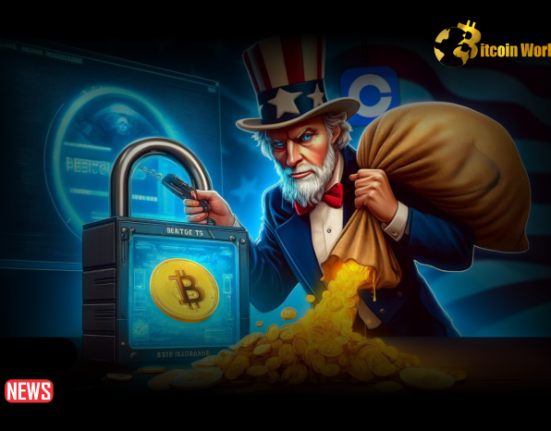Bitcoin’s introduction of Ordinals and new token standards has upped its network activity. However, with this surge, a series of unprecedented problems have emerged. The main issue? A stark inability to manage the soaring demand for its block space.
Since implementing Ordinals, Bitcoin’s network congestion has reached alarming levels. Significantly, despite its peak performance since May, the network’s mempool has been overrun by transactions. Consequently, this has marked the most extended congestion period Bitcoin has ever experienced.
At the time of writing, a staggering 458,000 transactions are stuck. They are desperately waiting for their turn at confirmation. A significant portion of this bottleneck is credited to the resounding success of Ordinals, BRC-20 tokens, and, notably, Inscriptions. Data brings an eye-opening fact: Inscription-driven transactions now claim 10% of block size, resulting in 50% of the confirmations.
Yet, despite this pressing congestion crisis intensified by the new protocols, Bitcoin’s developers seem to need more time. The community stands divided. While some steadfastly advocate for banning these protocols outright, others believe this congestion would continue regardless. Additionally, while enlarging the block size might seem like an immediate fix, this suggestion is controversial. Developers remain at loggerheads, with many staunchly opposing the move.
Moreover, it’s imperative to note that this isn’t the first time a leading cryptocurrency has faced such predicaments. Bitcoin’s current scenario bears a striking resemblance to Ethereum’s 2018 congestion woes.
Hence, while Bitcoin is undoubtedly paving its way toward mass adoption with its innovative protocols, these festering issues can’t be brushed under the carpet. If not addressed promptly, these problems might be significant roadblocks in Bitcoin’s journey.
In conclusion, while the Bitcoin community celebrates its advancements with Ordinals and new token standards, it must tackle the associated challenges head-on. Only then can it hope for a sustainable future in the ever-evolving world of cryptocurrencies.

